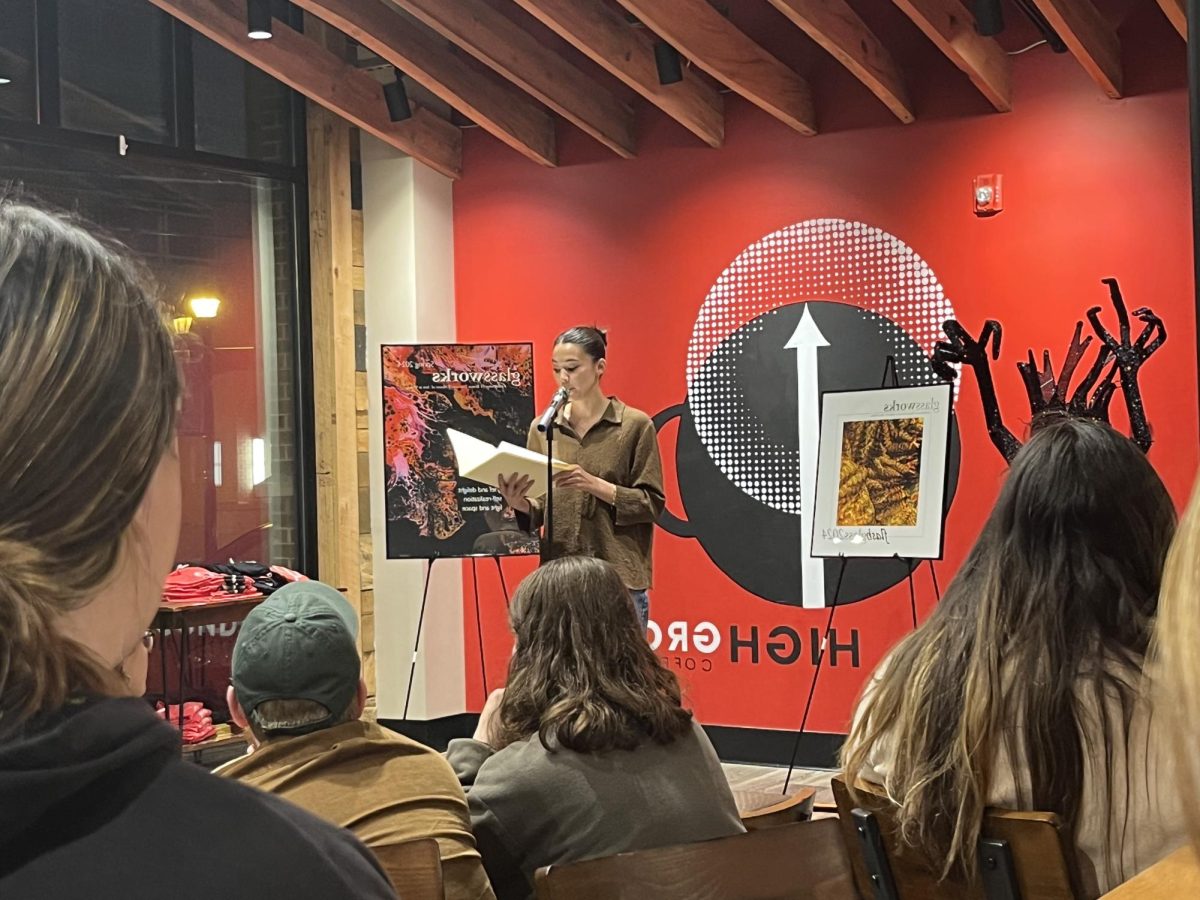Editor’s Note: This article uses anonymous sources when referring to student experiences with the normalization of cocaine on campus. The Whit has chosen to keep students’ identities confidential for safety reasons.
Nearly 53 years after President Richard Nixon declared a war on drugs, the United States is still struggling with the commonality of illegal substances and the prominence of their usage, even on college campuses– an environment that is intended to set young people on a path to success. Many students vow never to fall victim to substance abuse as children. Unfortunately, that promise does not always stick when they enter their college years.
According to a 2022 study conducted by the Substance Abuse and Mental Health Services Administration (SAMHSA), 27.2 million Americans aged 12 or older suffer from drug use disorder (DUD).
One of the more common illegal drugs is cocaine, a stimulant powder derived from the leaves of the coca plant in various South American countries. A highly addictive substance, cocaine alone was responsible for over 23% of overdose deaths in 2021 according to the Centers for Disease Control and Prevention (CDC).
However, when cocaine is laced with opioids like fentanyl, it becomes more deadly. The CDC says fentanyl is 50 times stronger than heroin and 100 times stronger than morphine and just two milligrams— the equivalent of 10 to 15 grains of table salt— is considered a lethal dose. There was a reported fentanyl case that involved a non-student who went into cardiac arrest near the Chestnut dormitory halls last year.
“The only case that I can remember is that a good year ago we had a fentanyl case. It wasn’t a student, matter of fact it was a non-student who went into cardiac arrest, out in one of the open areas,” said Department of Public Safety Senior Director Reed Layton. “I think it was towards Chestnut and he had taken fentanyl, coded, and the officers brought him back.”
The effects of the U.S. government’s failed policy initiative can be seen in the high prevalence of illegal drugs in the reality of today. Despite Nixon calling these substances “public enemy number one,” they are still widely used.
Rowan University does not separate itself from these statistics, in fact, there was an overdose that occurred in 2022 that involved the death of a Rowan student inside his Mantua home. While this was an off-campus incident, the prevalence of cocaine and its deadly consequences in Glassboro is a commonality students come in contact with regularly, especially at fraternity parties.
“Being in a Fraternity, you are pretty much constantly in an environment where you are susceptible to hard drugs, specifically cocaine. Myself, as well as close friends of mine all fell victim to cocaine use,” said a former fraternity brother who wished to remain anonymous.
For one fraternity brother, overdoses are more common at college parties than most people think, as he himself witnessed one of his friends suffer as a result.
“I have witnessed my own friends being given Narcan, and there’s been times where I’ve seen them get close to a possible overdose,” said the fraternity brother.
Many fraternities now stock Narcan, a nasal spray that treats overdoses, in their houses. The Wellness Center also gives out Narcan to students who wish to carry it and offers classes that instruct on how to use it effectively.
Assistant Chief of Rowan’s EMS Maribeth Novsak says their crew only responded to three overdoses and 43 alcohol or drug-related incidents during the Fall 2023 semester. While those numbers may appear low, she says their data only makes up a small portion of students who decided to call 911.
“It’s a lot lower than people expect it to be, but that’s how many have called 911. That’s a small fraction of what’s actually going on on campus,” said Novsak.
Bob Logan is a licensed substance abuse counselor at the Wellness Center who helps students struggling with drug use and addiction. To him, cocaine use is a serious problem among college-age students at Rowan and is an issue that should not be taken lightly.
“When you come in and smoke weed or drink beer, that’s one level. When you come in and you’re doing coke, that’s another level. That’s a much higher level of severity and risk. I would say if you ask me, it’s a big problem,” said Logan.
Many factors contribute to why a person may use drugs, including their experiences, mental health, or other social factors including peer pressure and the desire to feel included. Another aspect of the increased use of illegal drugs lies in the romanticization of them in the media, which labels cocaine as a rich party drug, which downplays its severity for the sake of entertainment.
“It’s associated with having money, power, status, access, fun clubs, bars, etc. It’s also very much associated with alcohol use. People go to the club, they drink and they do a line. It looks normal in shows and movies,” said Katherine Glick, a licensed therapist and member of the adjunct faculty in Rowan’s psychology department.
Cocaine is also hugely popular because of the fast increase in energy levels and the high it gives its users. This euphoria also makes the drug highly addictive and makes withdrawal and a complete stop in usage even harder, causing erratic behavior changes and mental problems. These effects cause many counselors, including Glick, to advise people to never use cocaine.
“I always go towards abstinence with cocaine specifically, because I have seen just how insidious a drug it can be in terms of how it hijacks some of the brain’s systems and overrides logic,” said Glick. “I worked with mothers who have a value system of treating their kids really well and cocaine enters their system, and they will empty their bank account so they can’t pay for diapers, food, or rent, which is terrifying when you think about it.”
New students at Rowan are educated on the prevalence of substance abuse by officers and The Wellness Center during semester orientations. To educate students on the harms of drug use, public safety officers have gone to dormitories and large house parties to discuss the problems surrounding illegal substances.
However, from one member of Greek life’s perspective, nothing major is being done to stop the rise of drug use at parties. He wishes the Student Affairs Office would focus on the issue more extensively and work to build a better relationship between Public Safety and the fraternities.
“Public Safety doesn’t work with fraternities in general, I wish they did. Even if it’s a sports team throwing a party or Greek life, public safety should help control the parties or crowds from the outside perspective. If there’s anything Rowan or Glassboro needs, it’s to have Greek life and public safety work with one another on everything and not just constantly shut down and give tickets which will result in landlord problems as a lot of Greek life has seen this year,” he said.
Talks between Greek Life and Public Safety can be set up if requested through the Dean of Students office.
“Right before each semester, that’s when the orientations are. It’s for all students coming in, not specifically just for Greek life. It can be set up that way if it was requested from the Dean’s office,” said Layton.
The Whit reached out to the Student Affairs Office to discuss the issue of illegal drug use at fraternity parties, but they declined to comment.
The Wellness Center offers Alcohol and Drug (AOD) Resources, including counseling and referrals to experts outside of Rowan for those students struggling with substance use. All meetings or interactions at the Wellness Center remain confidential.
A common misconception by many is one who seeks help from an emergency outline or services can be criminalized for asking to be assisted with drug-related incidents. This idea has been proven untrue by the Wellness Center which abides by HIPPA laws and does not disclose any information regarding patients’ drug habits without their consent.
“Everything is confidential and most people don’t believe that. When you come to the counseling center, everything’s confidential. I can’t tell anybody anything about anybody without that person’s written consent,” said Logan. “When it comes to drugs, what happens is a lot of students think they’re going to get in trouble or the Dean is going to find out or the president, and none of that happens. That can’t happen because they’re protected by confidentiality.”
The Wellness Center also supplies resources including therapy and treatments for those battling with drug use.
Ryan Ems, a senior majoring in exercise science, is the president of Rowan Students for Sensible Drug Policy (SSDP). While their club does not condone drug use of any kind, he says their main goal comes with working with the Wellness Center to increase Narcan education and increase its availability for students around campus, including stocking it in the residence halls.
“We don’t look negatively on people who use drugs and we just want to focus on harm reduction and on Narcan,” said Ems.
While he feels Rowan has done enough to help those who are suffering from drug-related issues, he believes their reach needs to spread out further in order to inform the large body of uninformed students.
“They [Rowan] just need more reach and that’s why organizations like SSDP on campus are trying to bridge the gap and bring the Wellness Center resources to the students,” said Ems.
Logan acknowledges the commonality of drinking and illegal drug use at parties and how many people are afraid to bring the issue up. Reiterating the importance of the Wellness Center, he says he and his staff serve not to incriminate students who come in but to set them up with services and outpatient care to get them the help they need.
“A lot of people are afraid to talk about it [drug and alcohol use] and bring it up, but it’s a very dominant and prevalent thing in the party scene. More people should probably stop and see what’s up and know we’re not the cops,” said Logan. “We’re not the punishment people. We never tell people drugs are bad and don’t do drugs. That just isn’t our philosophy, and we just try to give them [students] accurate information and help them make a good decision with it.”
For some current fraternity members, the biggest thing that they feel would solve the problem is an authoritative, and sincere effort to guide students away from drugs, as opposed to temporary punishments. Usually, there’s a noise ticket, and the party is shut down– but when this happens every weekend, problems like drug addiction may slip through the cracks.
“Instead of trying to be an enforcer amongst college kids at a school that aspires to be at the division one level, work with them and give a guiding hand. Hand tickets out or lay the hammer when provoked. Not just for the hell of it,” said a current Rowan fraternity member.
For comments/questions about this story DM us on Instagram @thewhitatrowan or email thewhit.newseditor@gmail.com





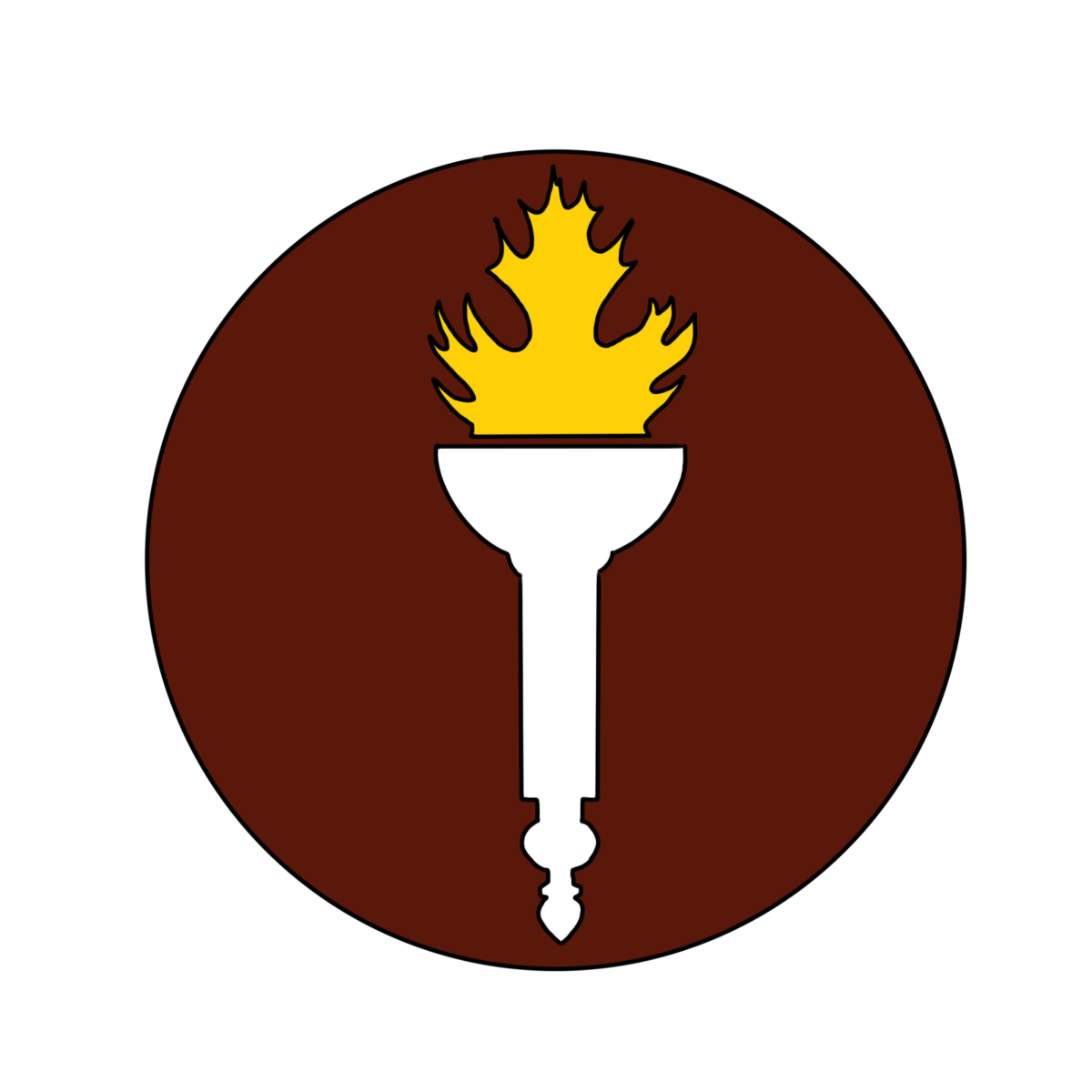


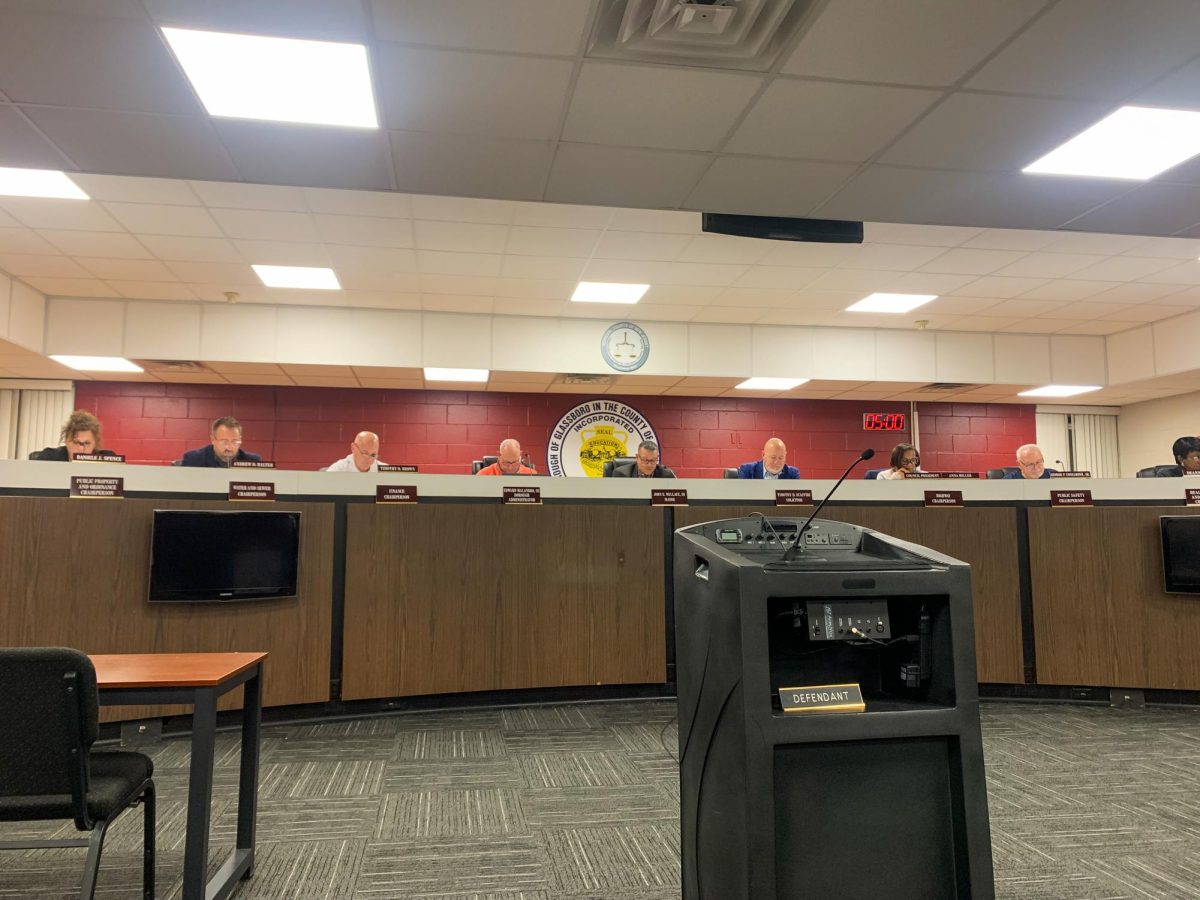






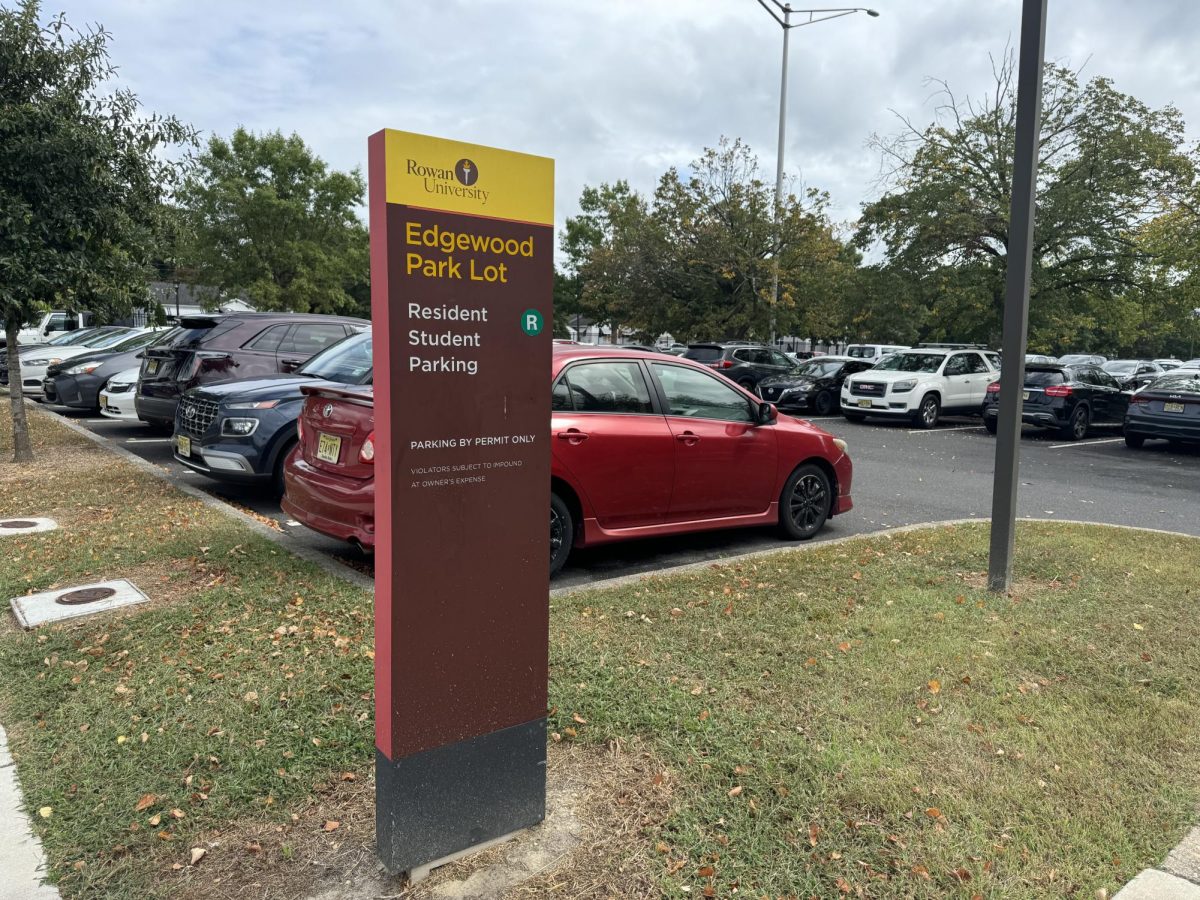



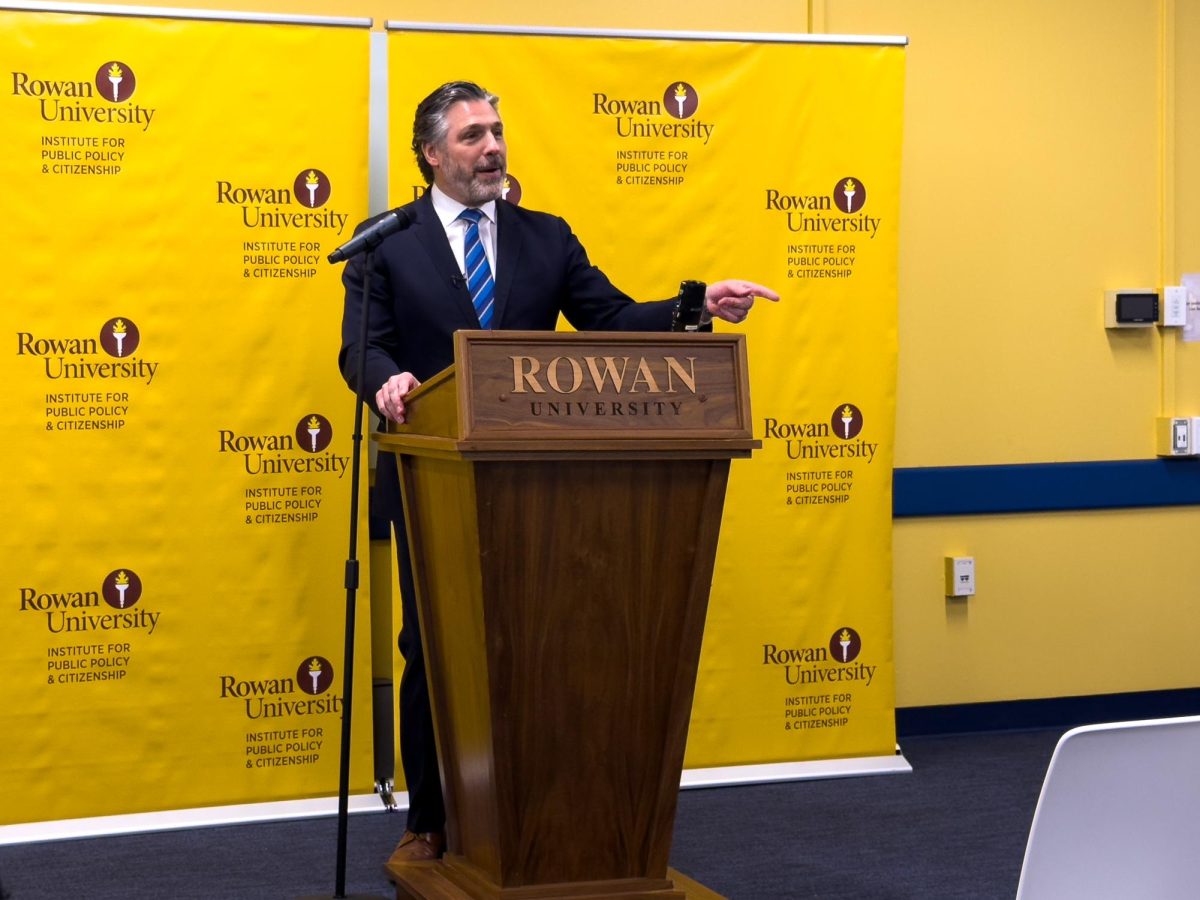


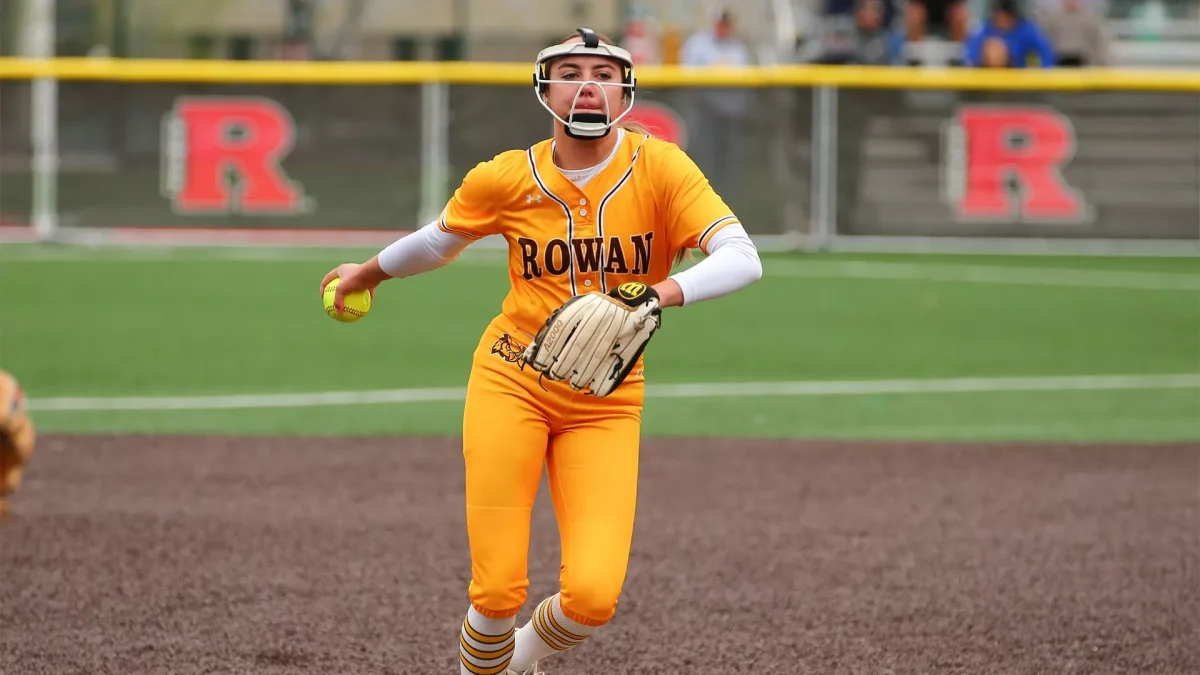






































































































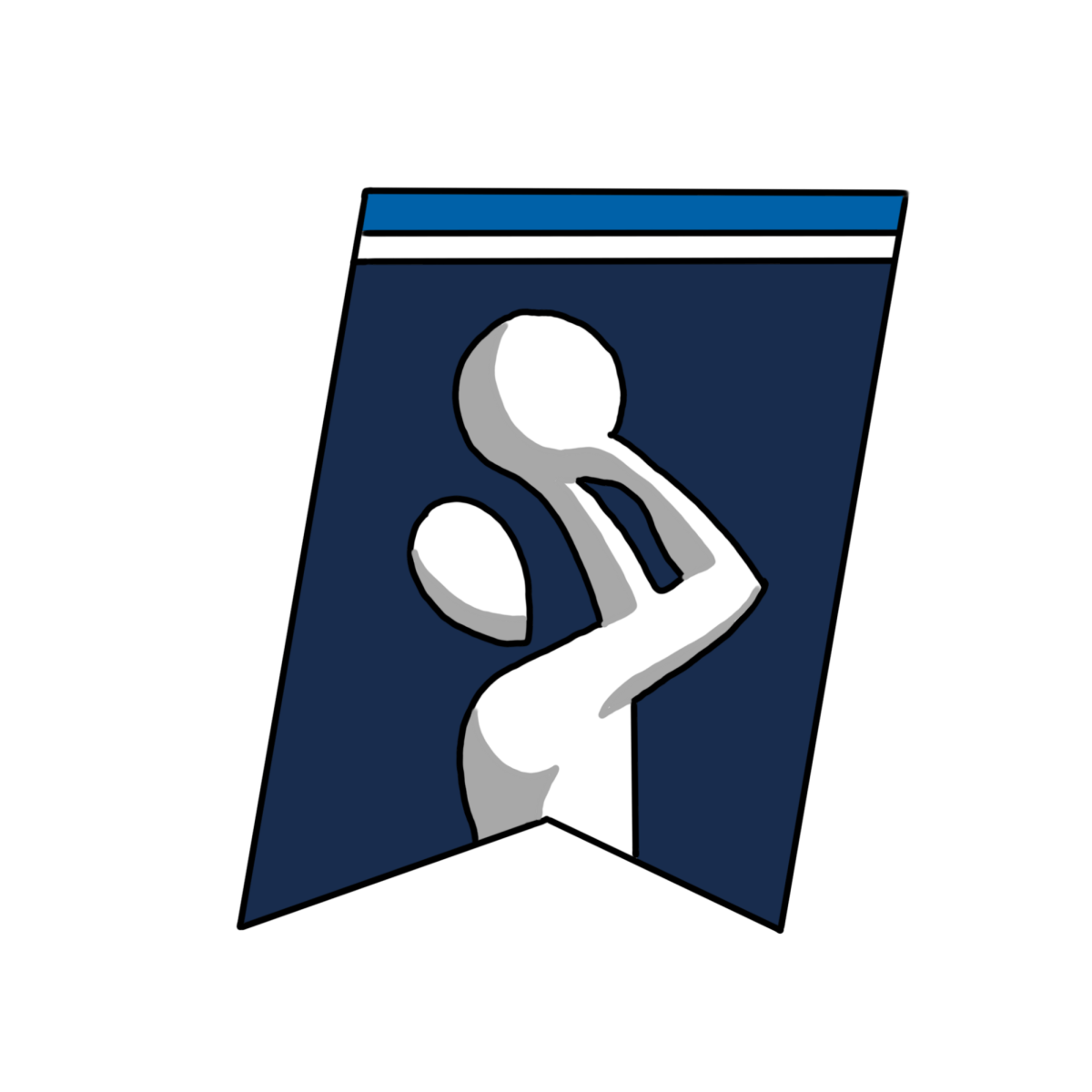



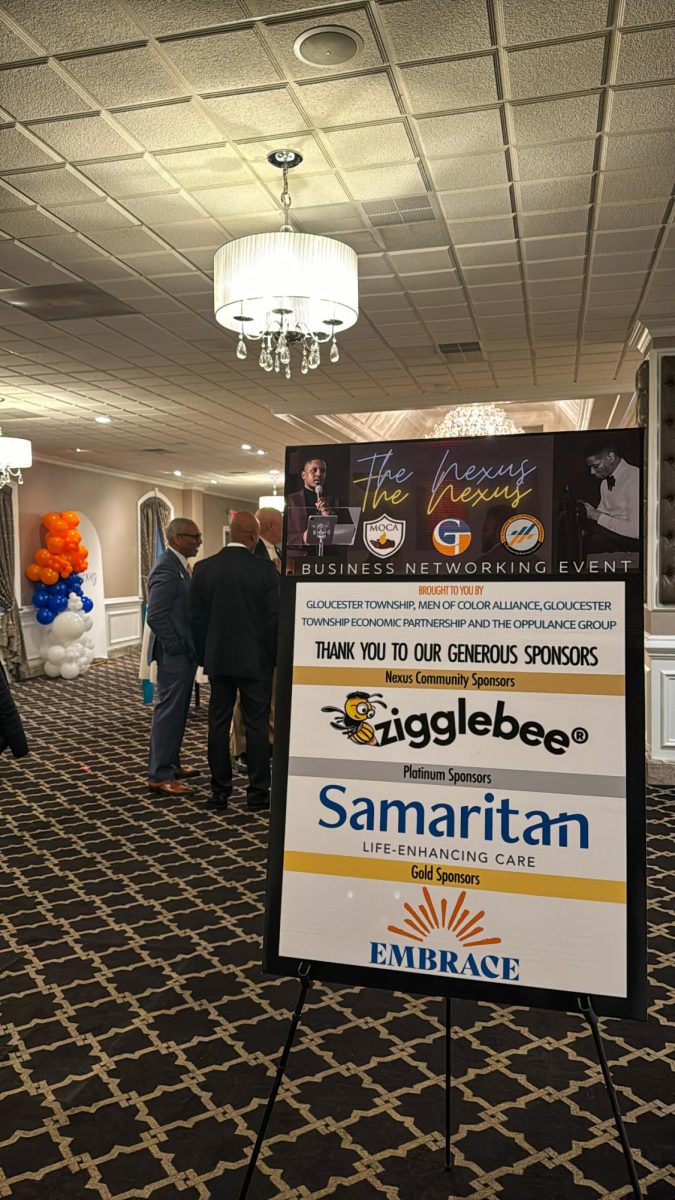
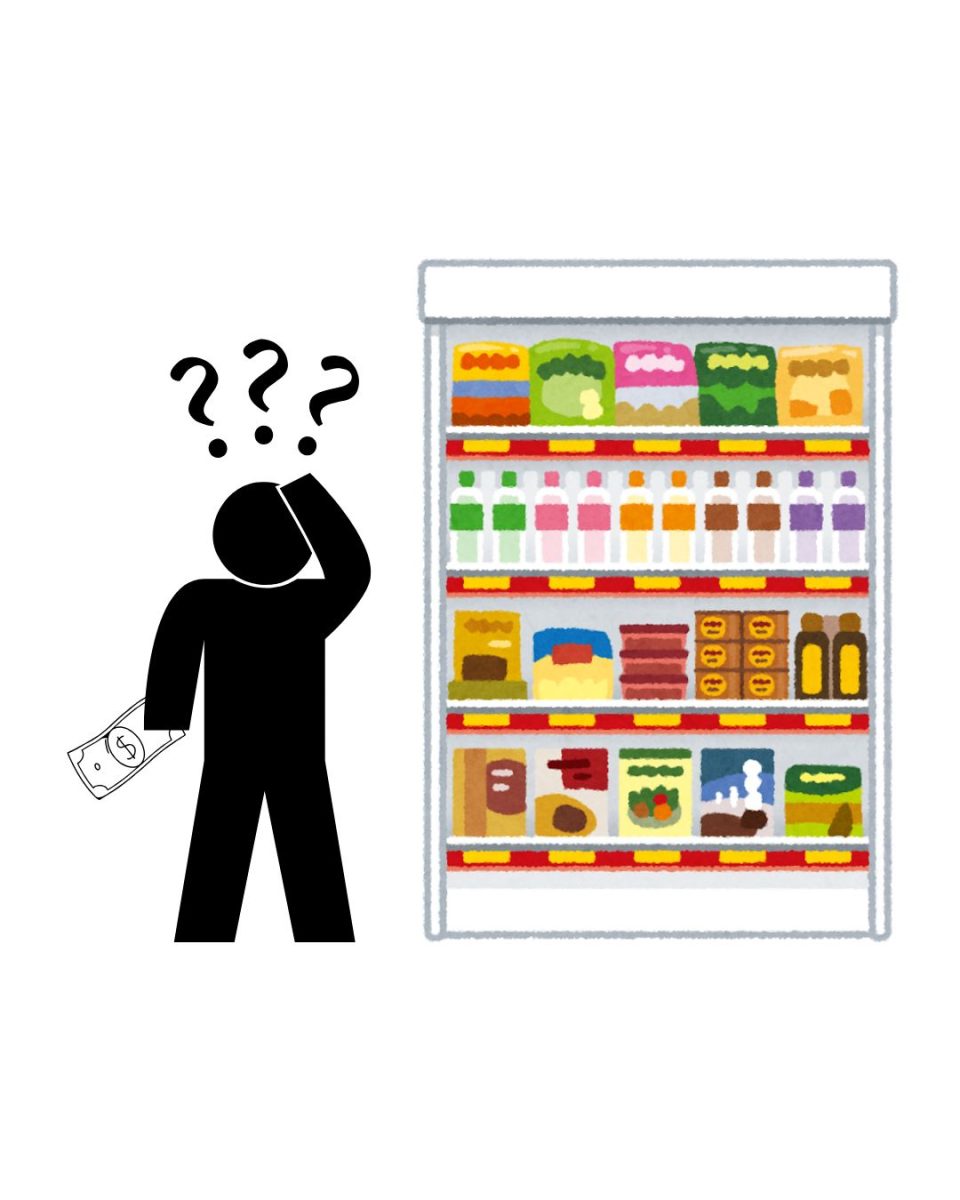


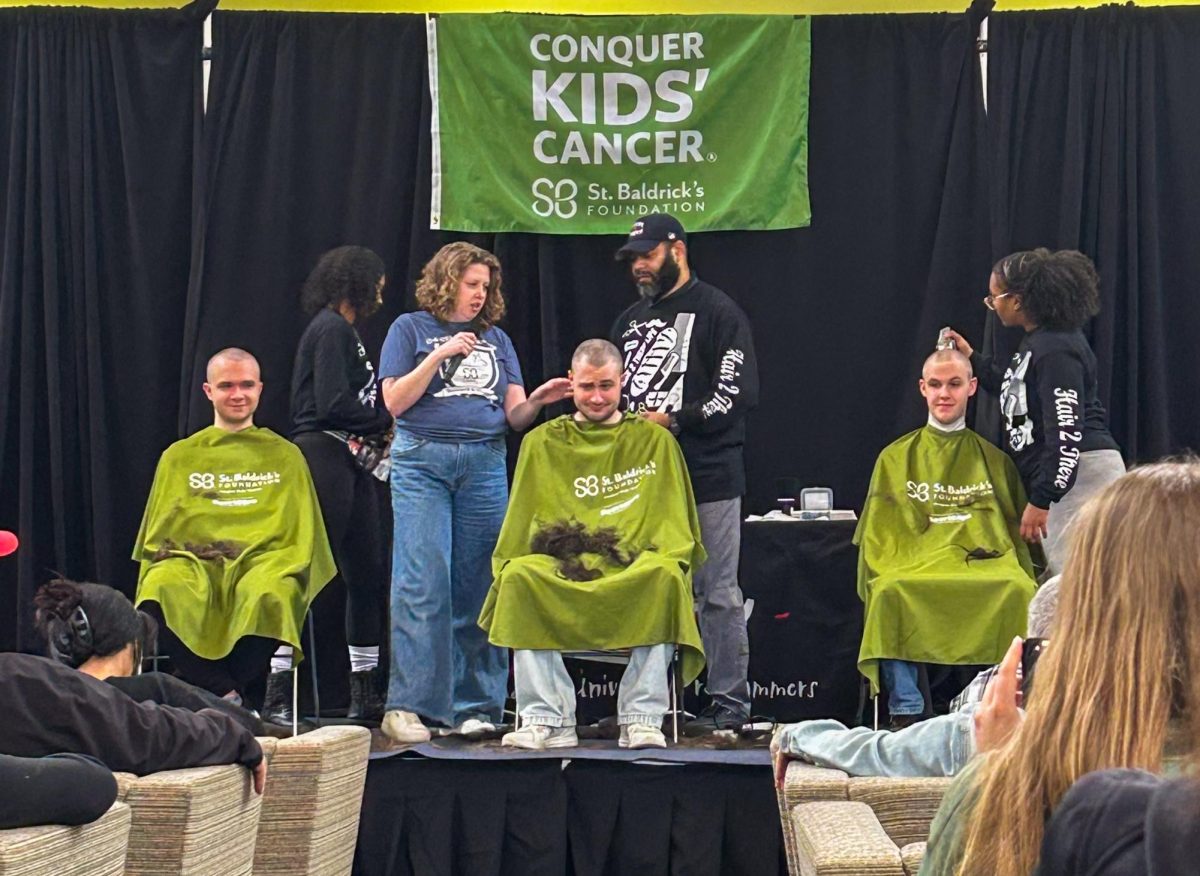














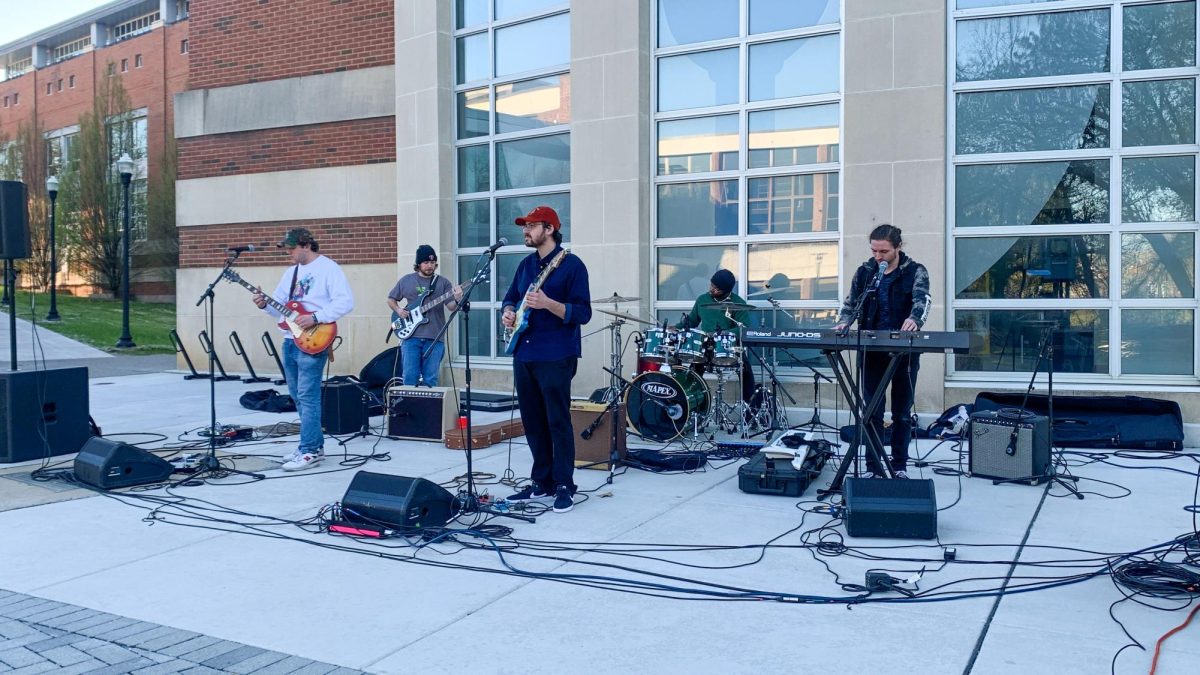

!["Working with [Dr. Lynch] is always a learning experience for me. She is a treasure,” said Thomas. - Staff Writer / Kacie Scibilia](https://thewhitonline.com/wp-content/uploads/2025/04/choir-1-1200x694.jpg)
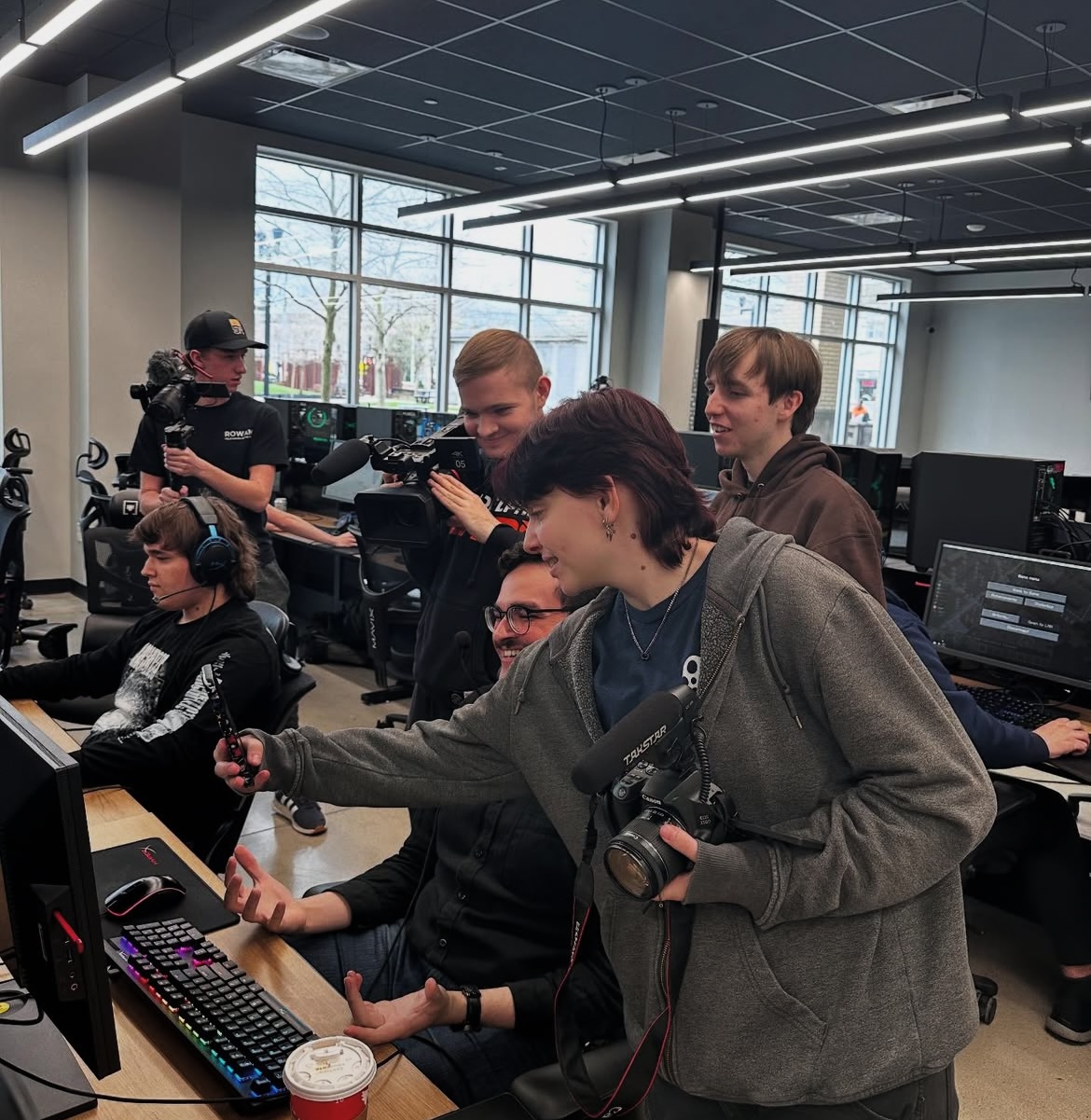
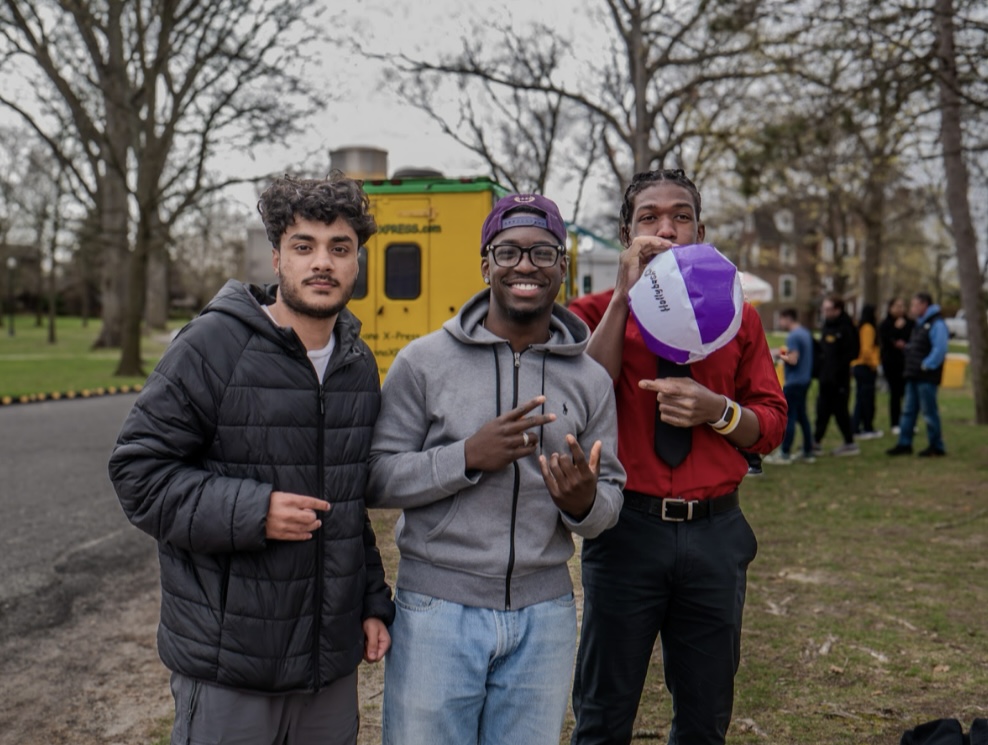






!["Between poems, owner of Words Matter Bookstore and host Keryl Hausmann spoke, saying 'To listen to [poetry] is different than to read it.'" - Graphics Editor / Brendan Cohen](https://thewhitonline.com/wp-content/uploads/2024/11/IMG_0653.png)
